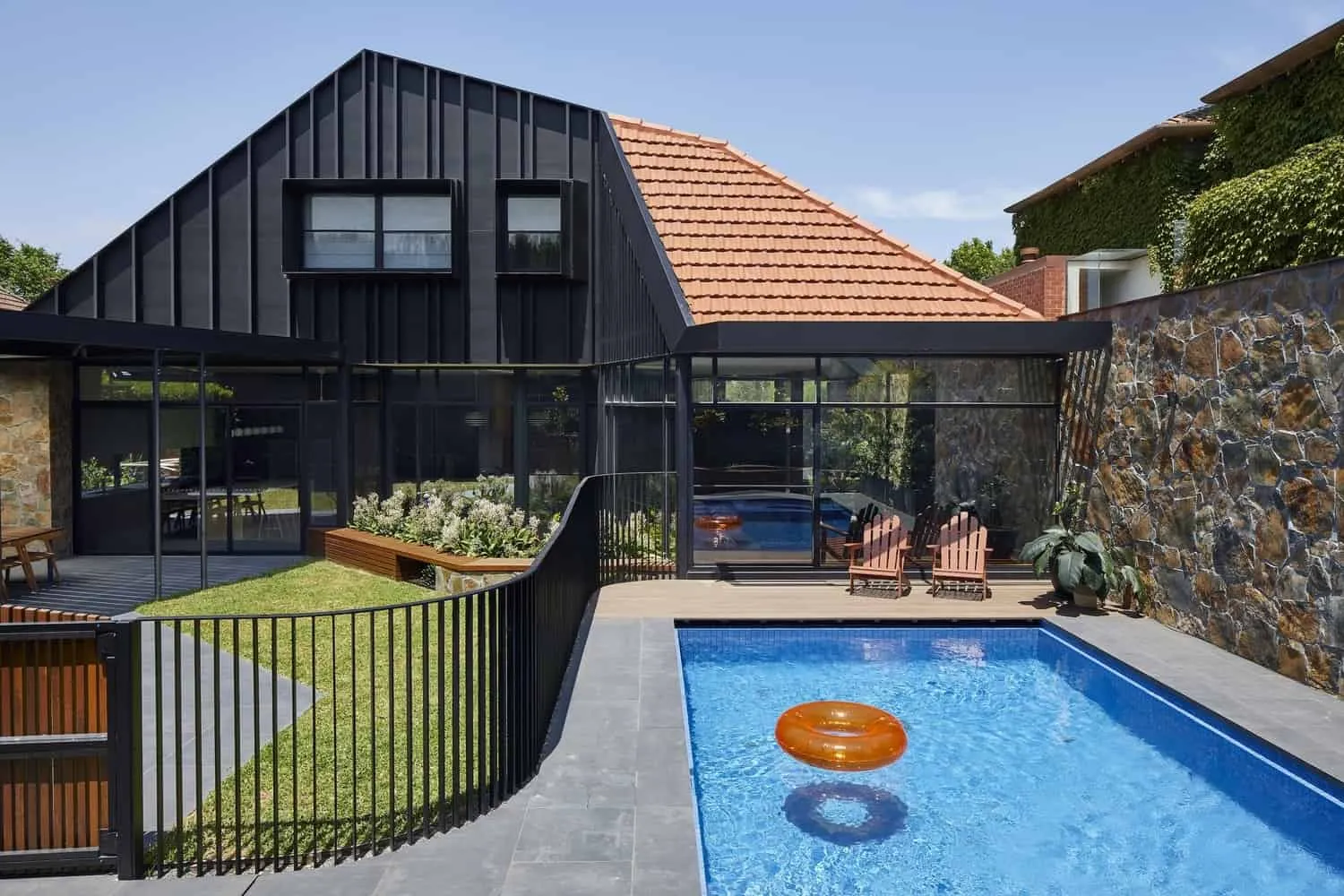Checklist for Home Renovation to Successfully Complete the Project
Home renovation can be an excellent way to add value to your property, improve it for sale, or make life more comfortable for you and your family. However, despite the numerous benefits that can be gained from investing in renovation, such a project is usually one of the most stressful of the year.
To ease the process, reduce anxiety levels and decrease the likelihood of serious problems, do thorough research and consider key checklist items before starting work.

Understanding Costs
Ensure you understand what expenses will be associated with your renovation work. Research average costs for kitchen and bathroom renovations, new flooring or tile, or any other projects you want to complete. Don't start a renovation and order building materials only to later realize that you've run out of funds before finishing the work.
Some calculations will also help you assess the pros and cons of renovation to ensure it's the best option for you compared to selling your home. Renovation may seem like a cheaper choice than moving to another house, but when all costs are taken into account, sometimes it's more beneficial to sell and buy again or even build a new home. It all depends on your needs, location, availability of contractors and other factors.
Set a Budget
If you're confident that renovation is the best choice, the next step is to set a budget for yourself. Starting work on a renovation without a clear understanding of the financial amount you can afford is risky. A budget will help keep you on track and prevent you from getting carried away with buying new materials and planning updates, forgetting about finances.
Research conducted in the previous step will help you determine a realistic budget. Also, learn about mortgage rates if you need to refinance for payment of renovation work. For example, find online information about mortgage rates in Ashburn, Virginia or any other region of the country. Alternatively, speak with your current lender or contact other banks to learn about current rates and possibilities for better terms.
Understanding What Adds Value
To justify your investment, spend time researching what adds value to real estate in your area. You want your money to be a good investment, whether you plan to keep the home for some time or sell it in the next few years. Each suburb may differ by buyer demographics, so don't assume you know exactly what people want in their homes.
Trends change over time, so if you haven't bought or sold real estate in recent years, you might be surprised to learn what buyers prefer now. Visit some auctions and open houses in your area to see which features are included in homes at different price points. It's also helpful to talk with local realtors for their opinion on how to add value without overspending.
For example, in some areas people pay a premium for extra bedrooms and lots of storage space, while in others it's home offices, low-tech homes or new appliances and modern technology.
Create a Plan
Planning is another item to check off. Determine the order of tasks so that the project doesn't drag on longer than necessary. Also, if you're planning major work such as a new kitchen or bathroom renovation, think about how you and your family will live and work in the house. It can be difficult to deal with workers' noise all day, clutter, and inconveniences from packing up belongings. Create a plan for handling such issues.
Get Approvals
Before starting renovation work, obtain approval from local authorities or other agencies for certain elements. Some things can be changed without external approval, but if you have a historic home or are adding new construction or an additional floor, you usually need permission to work.
Other items for inclusion in the renovation checklist: choosing an interior décor scheme and color palette, reviewing contractors' offers and contracts, checking the home's foundation for structural issues, moisture or insects. Also consider electrical needs such as the number and placement of outlets and light switches.
The time and effort you invest in planning ahead will help reduce the likelihood of going over budget and encountering other problems during renovation.
Need a renovation specialist?
Find verified professionals for any repair or construction job. Post your request and get offers from local experts.
You may also like
More articles:
 House Havladar / Maruf Raihan.Works / Bangladesh
House Havladar / Maruf Raihan.Works / Bangladesh Hawthorn House by BENT Architecture in Victoria — Modern Home Combines Heritage and Comfort
Hawthorn House by BENT Architecture in Victoria — Modern Home Combines Heritage and Comfort Hazamacho House | Takuya Kawamoto + Associates | Japan
Hazamacho House | Takuya Kawamoto + Associates | Japan HC House by grupo pr - Architecture and Design in Brazil
HC House by grupo pr - Architecture and Design in Brazil Headrests: Not Just for Beds — Living Room Version
Headrests: Not Just for Beds — Living Room Version Bedroom Wardrobes with Built-in Nightstands
Bedroom Wardrobes with Built-in Nightstands Add Warmth to Your Kitchen with Winter Rugs
Add Warmth to Your Kitchen with Winter Rugs Sky Terraces by the Sea
Sky Terraces by the Sea